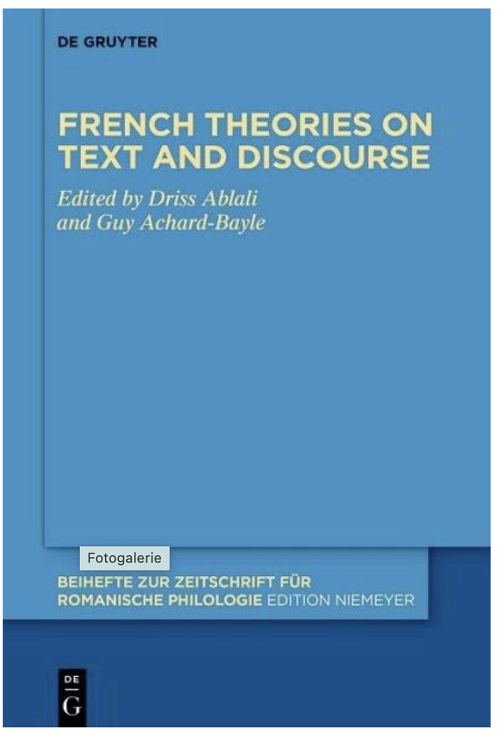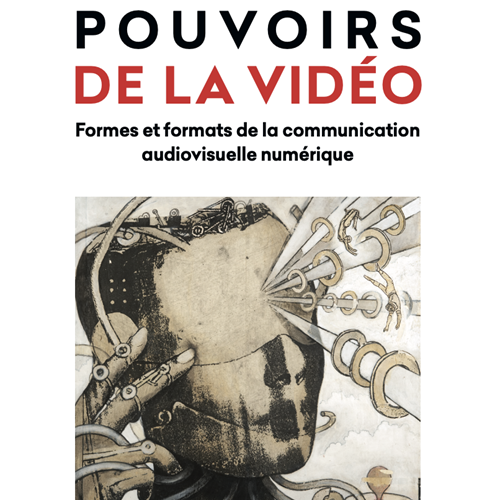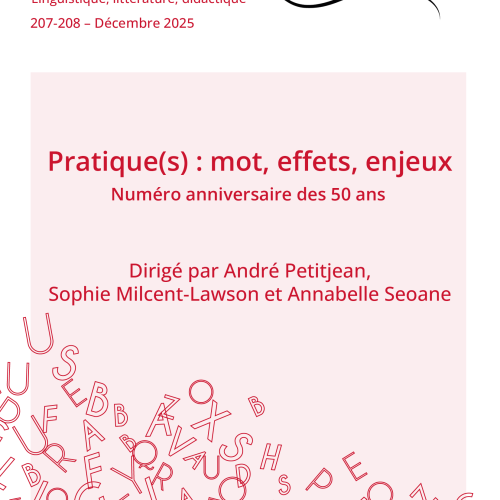French theories on text and discourse

It could be alleged that present-day French linguistics is characterized by a specific connection between the epistemology of text and that of discourse. The contributions gathered in this volume aim to reconsider this link – or dichotomy? – in light of the latest research developments. They are organized in three parts: the first explores the text-discourse connection, while the second and third tackle the epistemologies of text and discourse.
Summary :
Introduction : Language/speech vs. text/discourse: A “family resemblance” ?
Part 1: Text-discourse links
Jean-Michel Adam
Chapter 1
Micro-level, meso-level and macro-level of textual structuring
and complexity
Michel Charolles
Chapter 2
“Framing adverbials” as markers of discourse organization
Guy Achard-Bayle
Chapter 3
Text, discourse, cognition
Catherine Kerbrat-Orecchioni
Chapter 4
From discourse analysis to analysis of discourses
Alain Rabatel
Chapter 5
Enunciator position, positioning and posture
Part 2: Text epistemologies
François Rastier
Chapter 6
Dissipative units
Driss Ablali
Chapter 7
Corpus semantics, the unfinished project of Greimas’ Structural
semantics
VI Contents
Bernard Combettes
Chapter 8
Suggestions for a diachronic text linguistics
Lita Lundquist
Chapter 9
40 years of text linguistics and its didactic application in teaching French
as a foreign language
Part 3: Epistemologies of discourse – and beyond
Patrick Charaudeau
Chapter 10
A socio-communicational model of discourse (between communication
situation and individuation strategies)
Dominique Maingueneau
Chapter 11
Discourse, discourse analysis, and discourse genres
Ruth Amossy
Chapter 12
Integrating argumentation in discourse analysis? Problems
and challenges
André Petitjean
Chapter 13
Linguistics and literature: Style in question
Index nominum
Index rerum




